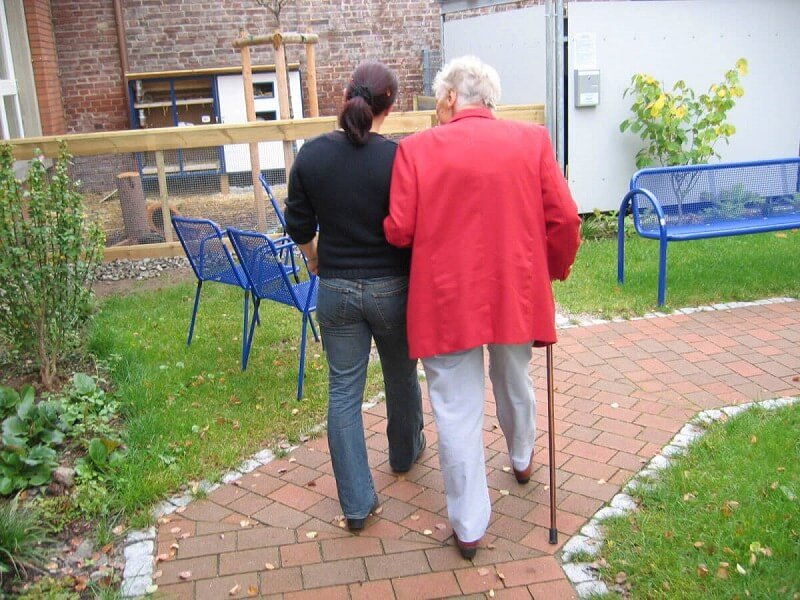Exploring the Heart of Healthcare: Understanding the Role of a Personal Support Worker
In the realm of healthcare, there are many unsung heroes whose contributions often go unnoticed despite their profound impact on the lives of individuals in need. Among these dedicated professionals is the Personal Support Worker (PSW), whose role is fundamental in providing compassionate care and support to those requiring assistance with daily activities. Let's delve into what it means to be a PSW and the invaluable role they play in the healthcare ecosystem.
What is a Personal Support Worker?
A Personal Support Worker, often referred to as a PSW, is a frontline healthcare professional trained to provide hands-on care and support to individuals who are elderly, disabled, or recovering from illness or injury. PSWs work in various settings, including long-term care homes, hospitals, community care facilities, and private residences, delivering personalized care tailored to the unique needs of each individual
The Responsibilities of a PSW
The scope of a PSW's responsibilities is diverse and multifaceted, encompassing both practical assistance and emotional support. Some key duties of a PSW include:
Assistance with Activities of Daily Living (ADLs): PSWs help individuals with tasks such as bathing, dressing, grooming, toileting, and mobility assistance. They ensure that their clients are able to maintain their independence and dignity while receiving the support they need.
Medication Management: PSWs may assist with medication reminders and administration, under the direction of a registered nurse or other healthcare professional. They play a crucial role in ensuring that clients adhere to their prescribed medication regimen.
Meal Preparation and Nutrition: PSWs help plan and prepare nutritious meals according to the dietary requirements and preferences of their clients. They may also assist with feeding, if necessary, and monitor food intake to ensure adequate nutrition.
Emotional Support and Companionship: Beyond the practical aspects of care, PSWs provide emotional support and companionship to their clients. They build trusting relationships and offer a listening ear, promoting social interaction and mental well-being.
Household Assistance: In addition to personal care tasks, PSWs may assist with light housekeeping duties, such as laundry, tidying up, and maintaining a safe and comfortable living environment for their clients.
Training and Qualifications
Becoming a PSW typically requires completing a formal training program offered by a community college or vocational school. These programs provide comprehensive instruction in areas such as personal care techniques, communication skills, infection control, and safety protocols. Upon completion of their training, PSWs may need to obtain certification or licensure, depending on the requirements of their jurisdiction.
The Impact of PSWs in Healthcare
The role of a PSW is indispensable in the healthcare landscape, as they are often the primary caregivers responsible for meeting the day-to-day needs of vulnerable individuals. Their compassionate and empathetic approach to care not only improves the physical well-being of their clients but also enhances their overall quality of life. PSWs play a vital role in promoting independence, dignity, and autonomy for those they serve, fostering a sense of empowerment and belonging within the community.
In conclusion, Personal Support Workers are the backbone of compassionate care, embodying the essence of empathy, respect, and dedication in their work. Their unwavering commitment to serving others makes them invaluable assets to the healthcare profession, enriching the lives of countless individuals and families in need. Let us recognize and appreciate the invaluable contributions of PSWs as they continue to make a positive difference in the lives of those they care for, one compassionate act at a time.
Many families feel more at ease by choosing in-home care over a nursing home. It is less disruptive to the patient and the family can have more involvement in the care given. We pride ourselves on the compassionate care we provide. Please contact us if you have any questions and want to know more about how we can help support your family’s healthcare needs.



